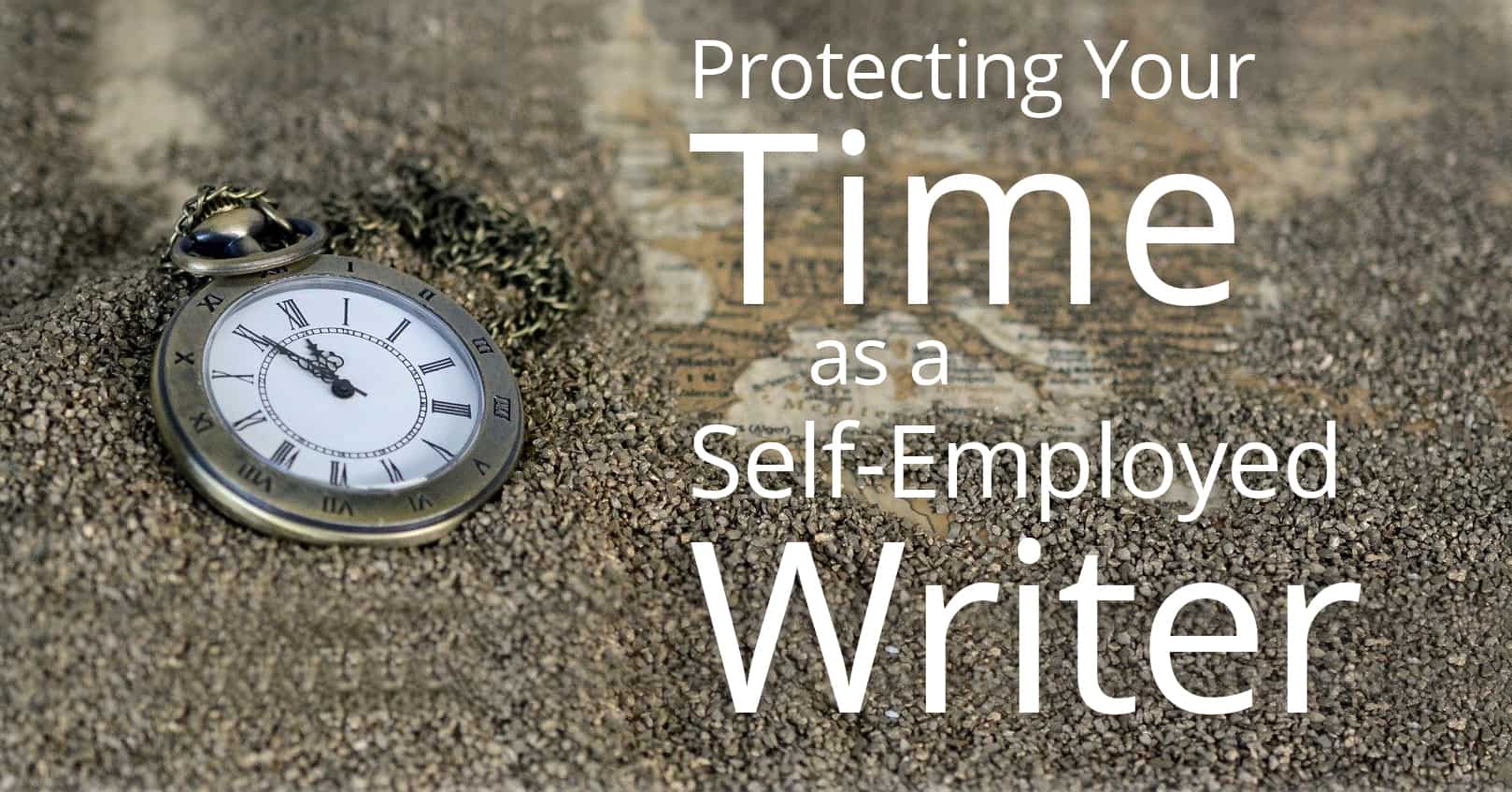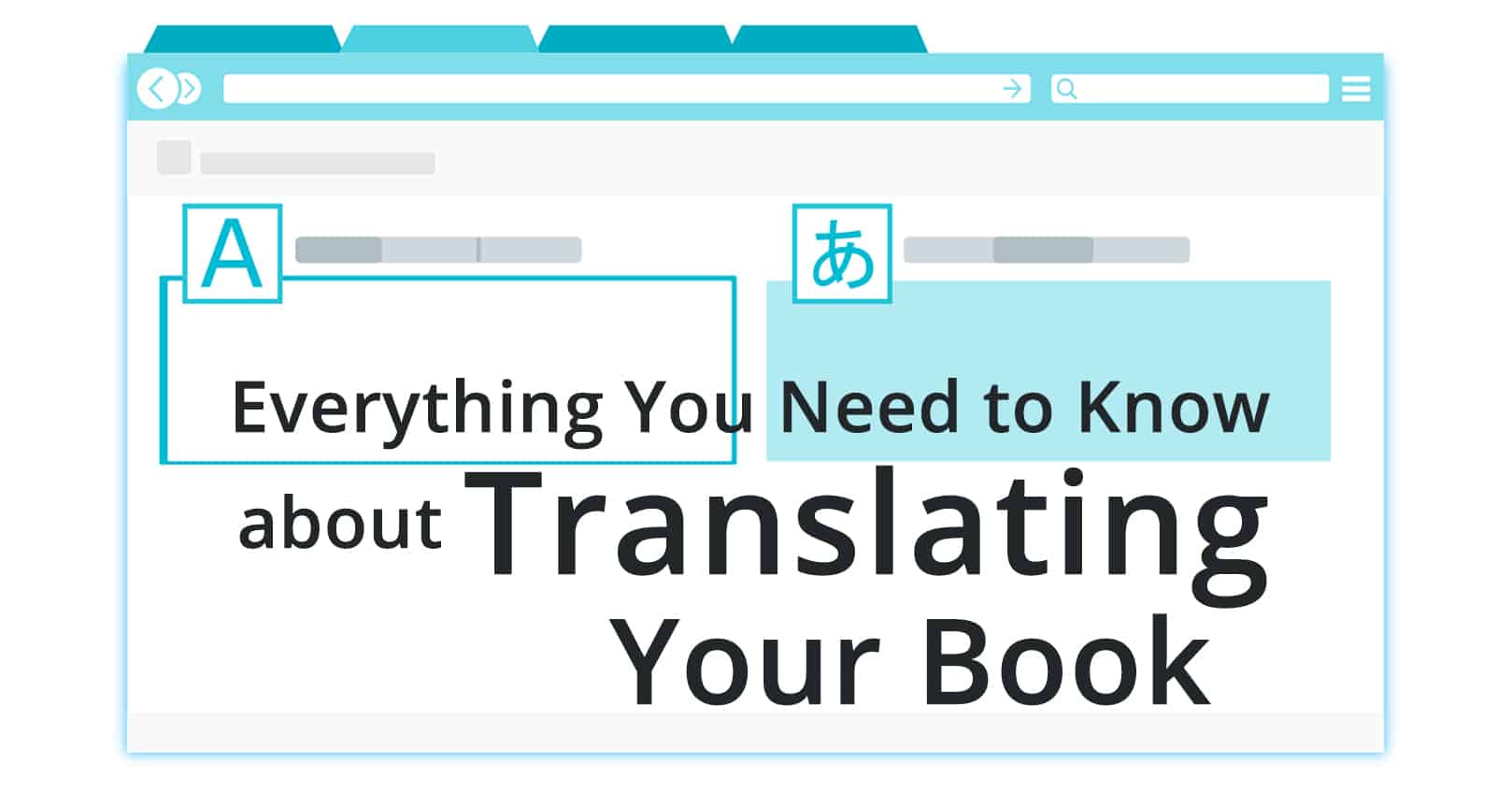
If you’re a self-employed writer, either full-time or part time, you likely work from home, where demands on your time can distract you from your work. Even if you are an author with a traditional publisher, you need to protect your time just as an independent author or a self-employed writer needs to. Here are 5 tips for protecting your time as a self-employed writer.
1. Set a Business Schedule
You may not work a typical 9–5, but you still need to create a schedule and stick to it. Maybe your writing time is 10–12 and 2–5. Or it’s 3–6. Whatever your schedule is, during these working hours, don’t get on social media, don’t clean you desk, don’t run errands, don’t answer phone calls or emails or texts, don’t answer the door, and don’t open the door to chat with friends.
2. Have a Deadline and Goals
Even if it’s self-controlled deadline, you should always, always, always have one. Your deadline will include a date by which you need to finish your current work-in-progress and also the daily and/or weekly goals to get you there. When you have deadlines, you are more able to protect your time as an author. It makes both you and others aware that your time is important. Read more about setting reachable goals here.
3. Don’t Be Afraid to Say No
Because you work from home, those around you may inadvertently take advantage of your time. If a friend or family member asks you to do something “real quick” for them because “you’re at home, right?” during these hours, you tell them no; you’re working. The more you respect your working hours, the more your friends and family will as well, and the more writing you’ll get done. Don’t be afraid to stand up for your business schedule and tell them you can’t do it. If you need to explain, use the words “I’m working” instead of “I’m writing.” And because you are always on a deadline, you can tell them that—and mean it.
4. Designate a Workspace
Ideally, you have a home office that you can deduct from your taxes, but even a designated corner of a room can work. In this workspace, you don’t do anything but work; that way, when you enter the space, your brain knows it’s time to write. An office is also advantageous in that it provide a barrier between you and the noise your family may be making. Closing the door is a great way to show your family that you are currently working and should only be disturbed for emergencies.
5. Don’t Work Outside of Work Hours
Because you’re self-employed, it’s easy to think, “I’ll can fix that plot line really fast” and jump back into work at all hours of the day or weekend. Resist the urge! Everyone needs a break, and your nonworking hours are that break you need to recharge, spend time with family and friends, and get back to work feeling refreshed. Ignoring time off is the quickest way to write yourself into burnout.
Now, sometimes the muse may strike you in non-work hours, and you’ll want to write down notes about what you’re thinking because too often you won’t remember that really great idea. So go ahead and jot enough down to remind you. Often a notebook will suffice but a computer page works too, as long as you limit yourself to that idea. Writing down an idea is different than writing to meet deadlines, making a fix in a chapter, or getting ahead on a project. But if the work isn’t really needed right then, don’t do it. Remember that kids grow up (too fast!), families change, friends move away, and people who need you maybe won’t tomorrow. You don’t want to miss all that just to beat your deadline by a couple weeks.
What do you do to protect your time as a self-employed writer?
















Comments